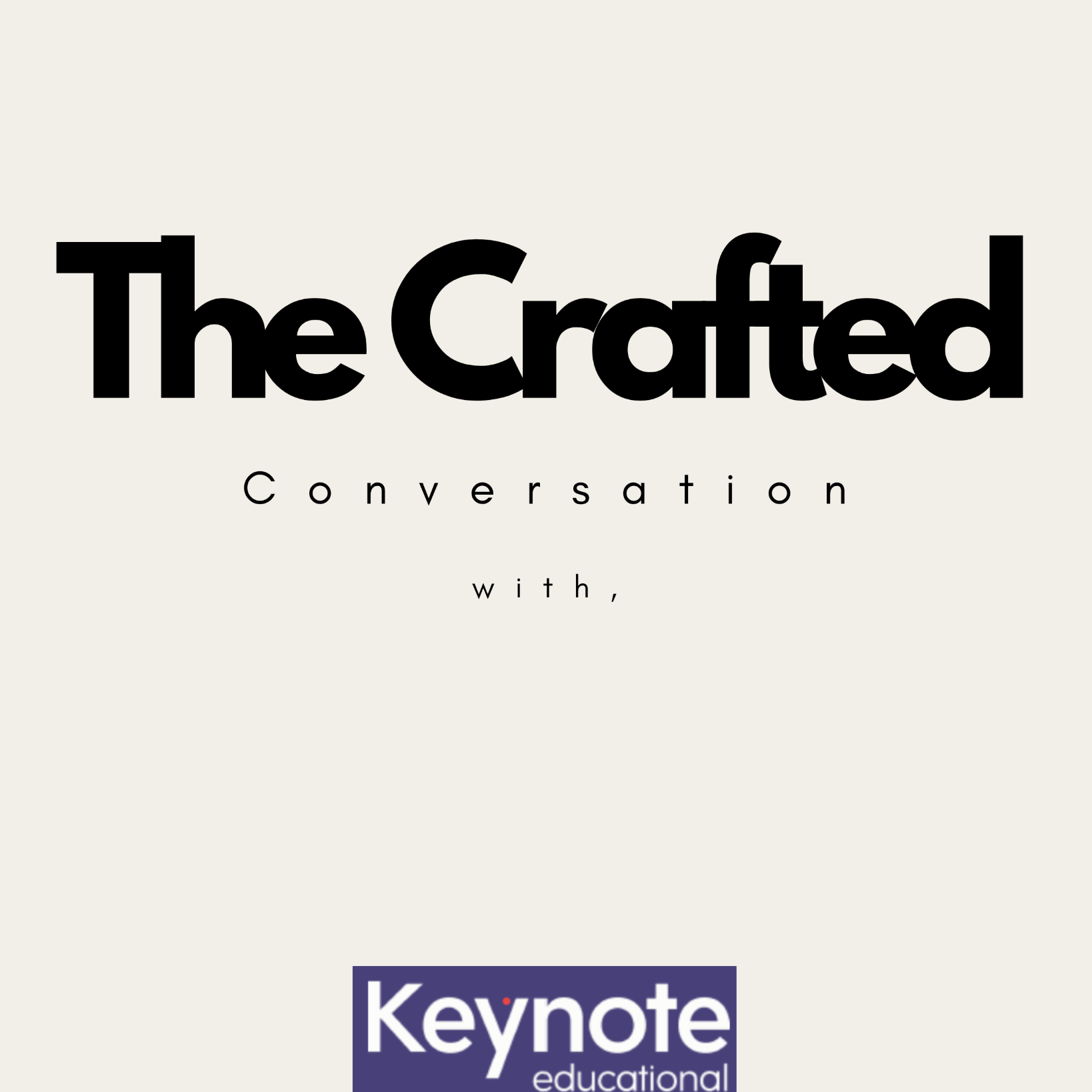Listen "Episode #25 - Dr Craig Harrison - What coaches are not acknowledging in developing young athletes!?"
Episode Synopsis
Follow The Crafted Concept on Instagram
Episode Summary
In this expansive conversation, Dr Craig Harrison invites us to rethink the purpose and practice of youth development. It’s not about designing perfect athletes, but about crafting safe, playful, expressive environments where young people can explore who they are, not just what they can do.
Marcus and Craig explore the ecological complexity of performance, the importance of letting go of control, and the centrality of coaching the person before the plan.
From storytelling and psychological safety to mentorship and emotional literacy, this episode is a masterclass in compassionate, curious leadership.
Key Concepts:
Environments shape behaviour – Coaching doesn’t happen in a vacuum. We must understand the child’s world, not just their session.
Performance is personal – Narrative identity, not outcome identity, should guide the athlete journey.
Belonging matters as much as skill – Every athlete needs to feel safe to explore, question, and grow.
Mentorship is not a programme — it’s a culture – It lives in every conversation, check-in, and reflective pause.
Freedom and structure are not opposites – The best coaching holds both gently, in balance.
Reflection over reaction – True development invites athletes to think, not just comply.
Episode Summary
In this expansive conversation, Dr Craig Harrison invites us to rethink the purpose and practice of youth development. It’s not about designing perfect athletes, but about crafting safe, playful, expressive environments where young people can explore who they are, not just what they can do.
Marcus and Craig explore the ecological complexity of performance, the importance of letting go of control, and the centrality of coaching the person before the plan.
From storytelling and psychological safety to mentorship and emotional literacy, this episode is a masterclass in compassionate, curious leadership.
Key Concepts:
Environments shape behaviour – Coaching doesn’t happen in a vacuum. We must understand the child’s world, not just their session.
Performance is personal – Narrative identity, not outcome identity, should guide the athlete journey.
Belonging matters as much as skill – Every athlete needs to feel safe to explore, question, and grow.
Mentorship is not a programme — it’s a culture – It lives in every conversation, check-in, and reflective pause.
Freedom and structure are not opposites – The best coaching holds both gently, in balance.
Reflection over reaction – True development invites athletes to think, not just comply.
More episodes of the podcast The Crafted Conversation
#27 - Simon Woodward - What is the real purpose of physical education? And why so many get it wrong.
30/07/2025
Episode #22 John Mackenzie - Assistant Head of Cocurriculum - The Grammar School at Leeds
25/06/2025
Storytelling for Performance
24/02/2025
Statements as a Means of Measuring Learning
04/02/2025
 ZARZA We are Zarza, the prestigious firm behind major projects in information technology.
ZARZA We are Zarza, the prestigious firm behind major projects in information technology.
